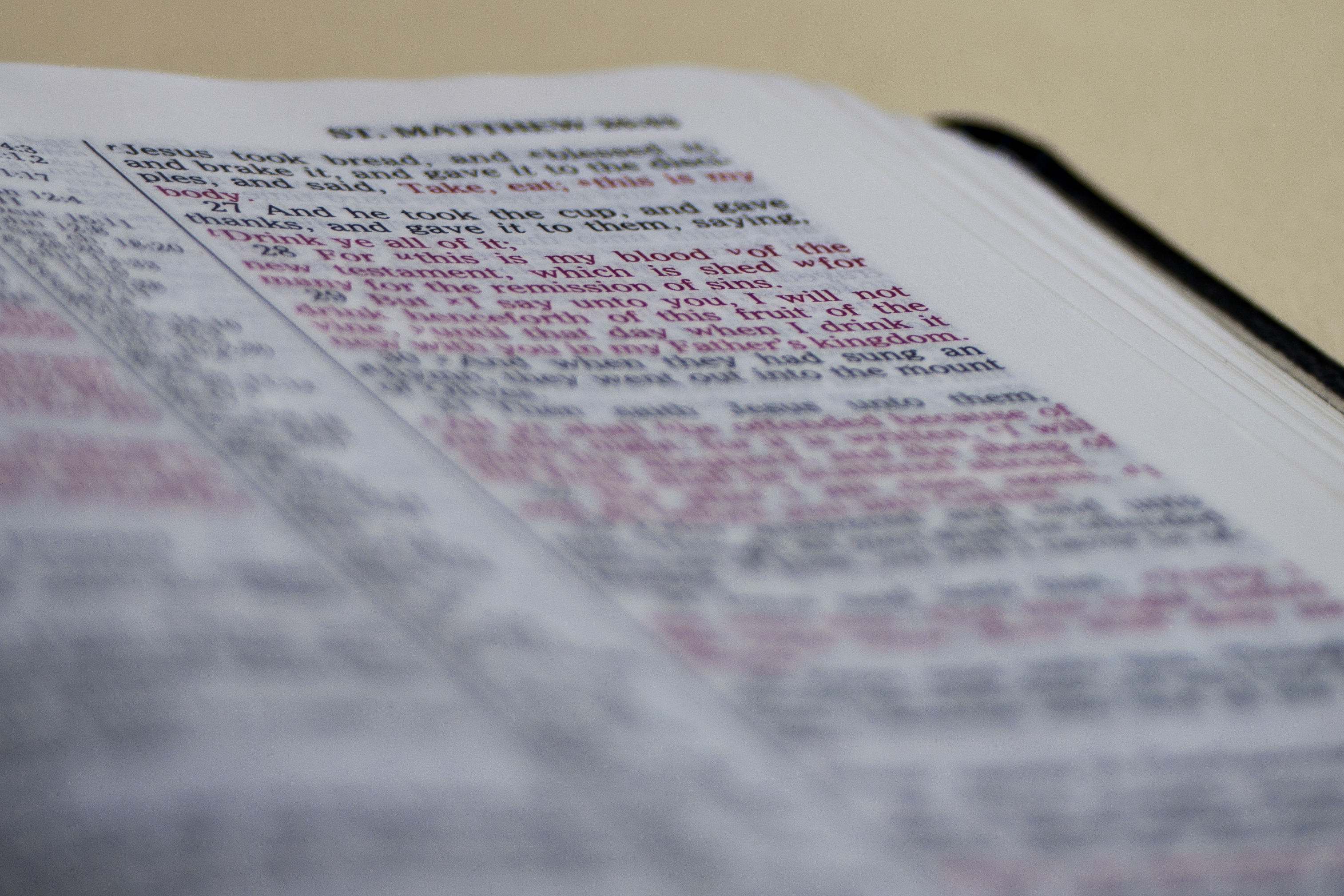There’s a strange truth that we often reduce our definition of righteousness to the aspect of goodness we most naturally exhibit.
For example, evangelicals often consider themselves good Christians because they are pure. They don’t smoke, drink, have sex outside of marriage, etc.
By contrast, mainliners and liberals consider themselves good because they are just. They advocate for the poor and disenfranchised. They do what they can to create a level playing field. But there’s more involved in righteousness than civil rights. Mainliners criticize evangelicals for being puritanical, while evangelicals criticize the liberals because their goodness is one-dimensional.
There are many kinds of goodness—ecological, economic, charitable—but the way we adjudicate our Christian commitments misses the point.
Goodness cannot be achieved.
We cannot cultivate sufficient virtue to merit the favor of God. We need to thank God that even though we’re not good enough, he calls us good. He makes up the difference in our moral math. And we need to demonstrate humility, experiencing the blessings of God in those areas where we learn from those who are good in different ways. We shouldn’t compare our bloated savings account to someone else’s relative lack of profanity. And we don’t want to compare our sexual fidelity to someone else’s sustainable water solution in Africa.
Godliness isn’t a pee-peeing contest. We must honor and authenticate the movement of God in each of its manifestations, challenge sin, bolster faithfulness, and spur one another on to works of greater love.
fossores
Related posts
Categories
Category Cloud
Tag Cloud
Recent Posts
- Victors and Victims November 6, 2018
- 3 Hacks for Happiness October 29, 2018
- Hope Against Death September 20, 2018
- The Shape Of The Cross September 19, 2018


